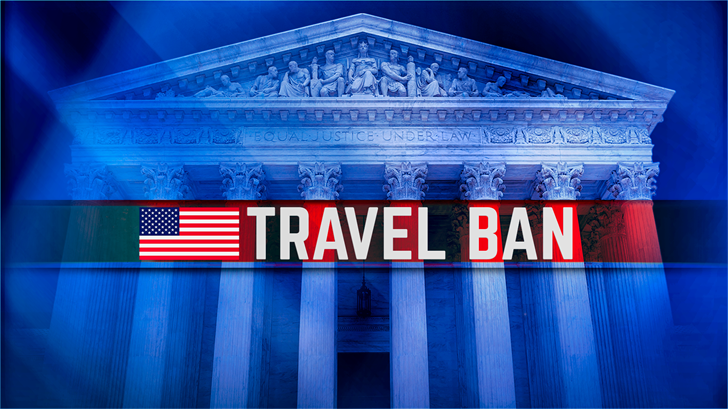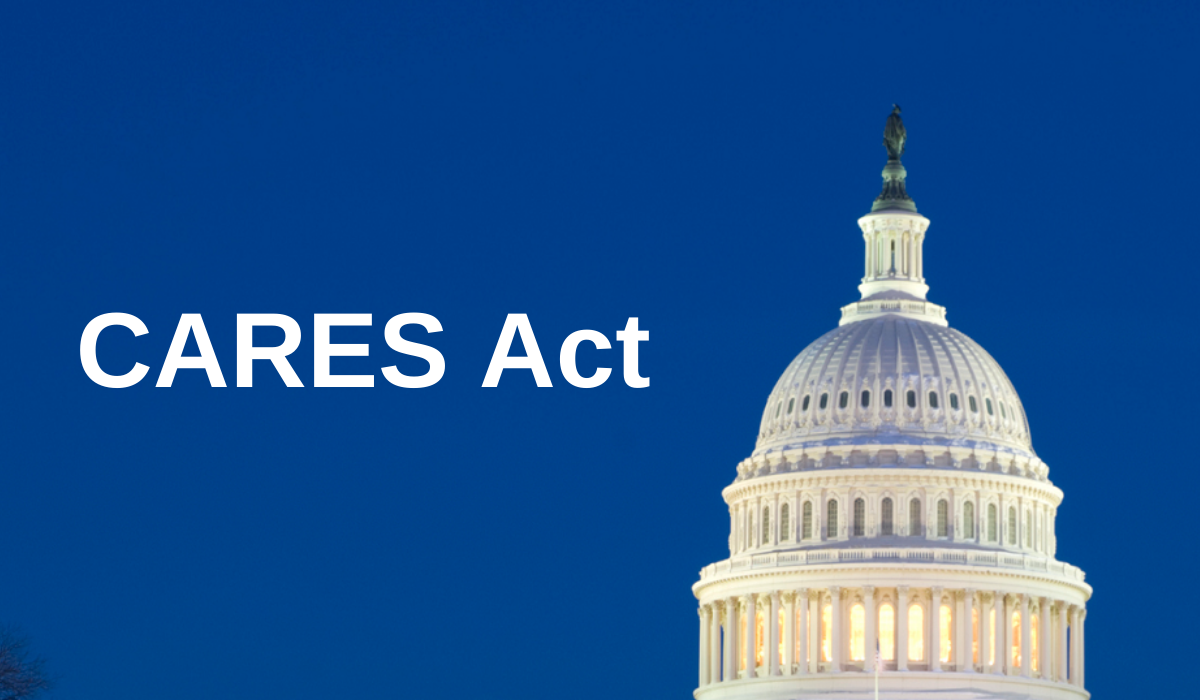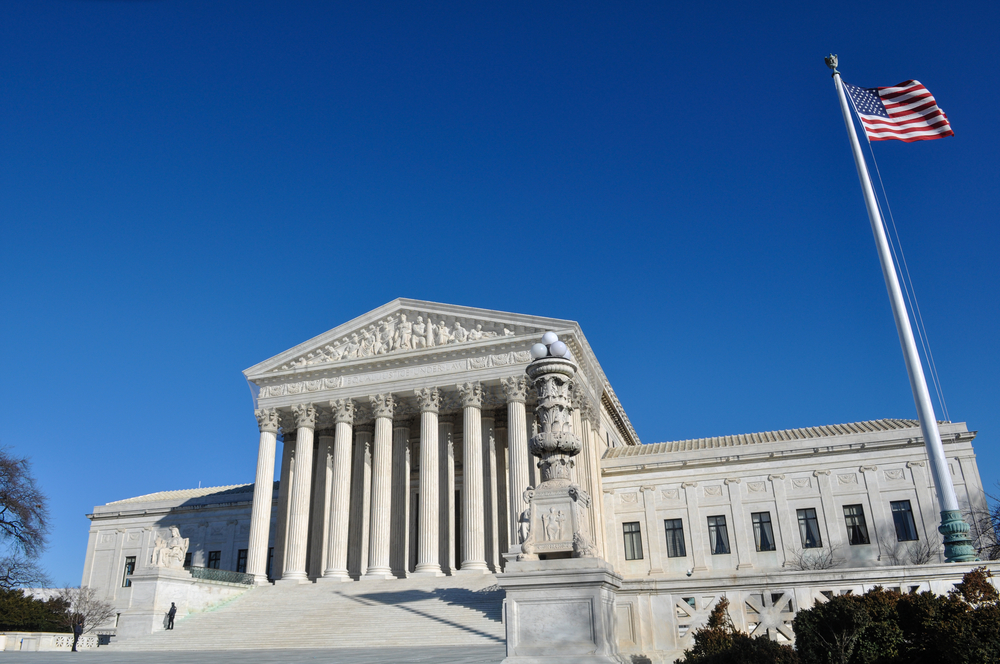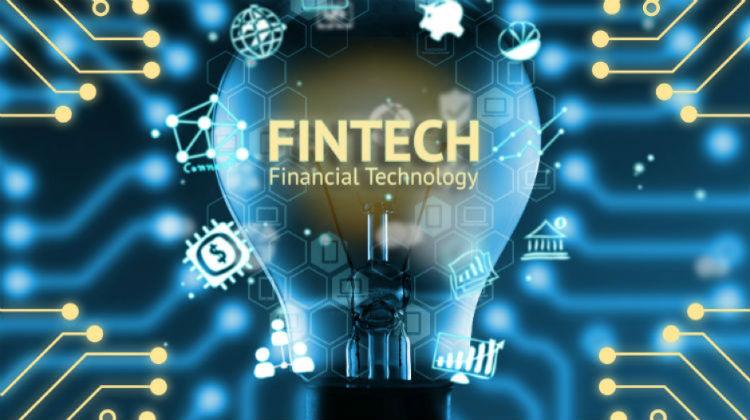
Court Blocks Restriction on Work Visas
A US federal district court has issued an order temporarily blocking the implementation of an executive order, which restricted visas for skilled workers and their families, on the ground that the order “exceeded Presidential authority by imposing the immigration restrictions.” The present litigation arose from an executive order of June this year, which temporarily suspended issuance
Read More
Bankruptcy Debtors Excluded from the Paycheck Protection Program: Should Congress Act?
The application window for the Paycheck Protection Program (PPP) program closed last month, but the U.S. Congress appears to be considering several pieces of legislation aimed at either extending the program to allow certain small businesses to receive another round of forgivable loans or small business aid. However, certain problems that arose during the initial implementation of the
Read More
Latest Updates on the Inadmissibility Based on Public Charge Rule
On Feb. 24, 2020, the U.S. Citizenship and Immigration Services (USCIS) implemented the inadmissibility on public charge ground final rule nationwide. Under the rule, most US permanent resident applicants were subject to inadmissibility determinations based on likelihood of receiving certain public benefits at any time in the future. USCIS considered factors like an alien’s age,
Read More
U.S. Expanded Travel and Visa Restrictions: Scope and Impact on Categories of Visa Applicants
On January 31, 2020, President Trump, through a Presidential Proclamation, added six countries to the list of nations whose citizens will face visa and travel restrictions to the U.S. The countries affected by the current iteration of the travel restrictions include Eritrea, Burma (Myanmar ), Kyrgyzstan, Sudan and Tanzania. The Proclamation’s Rationale for the Expanded
Read More
Are Your Payments to a Homeowners Association Discharged in Bankruptcy?
Many unit owners continue to receive monthly homeowners payment notices or past due post- petition assessments after they have surrendered their property in bankruptcy but, nevertheless, are neither in possession nor actively contesting any foreclosure actions. This issue has come up in quite a number of recent cases we have encountered, and those owners believed
Read More
CARES Act Increases the Opportunity for Small Businesses to Reorganize and Avoid Liquidation
The economic crisis caused by the COVID-19 pandemic has created uncertainty for small businesses. At the moment, it seems possible that many small businesses may remain closed for the next few weeks. Such extended closures would often result in cash-flow challenges for these businesses as well as their individual owners. It is nonetheless true that
Read More
Judgment Against a Foreign State Designated by the U.S. as a State Sponsor of Terrorism is Not Enough Basis for Attachment and Execution in Satisfaction of a Judgment
The Foreign Sovereign Immunities Act of 1976 (FSIA) grants foreign states and their agencies and instrumentalities immunity from suit in the U.S. courts and grants their property immunity from attachment and execution in satisfaction of judgments against them.28 U. S. C. §§1604, 1609. In essence, FSIA determines the scope of federal and state court power
Read More
United States files WTO Complaint on China’s Protection of Intellectual Property Rights
United States files WTO Complaint on China’s Protection of Intellectual Property Rights
Read More
CARES Act’s Modifications to Consumer Bankruptcy Law
The current COVID-19 crisis brought with it an emergency of great magnitude, bringing about a historic response from the US government in form of a relief package designed to mitigate the widespread economic hardship being faced by individuals, families, and businesses as a result of the pandemic. The CARES Act, which was signed into law
Read More
Fintech in Sub-Saharan Africa: Prospects and Regulatory Issues
At a time when consumer expectations in various sub-Saharan African countries are increasing rapidly, financial technology (fintech) products and services—like virtual currencies, artificial intelligence, mobile money, online peer-to-peer lending platforms— are transforming the financial services as we know it. Many Africans, both locally and internationally, now rely on mobile payment systems to send and receive
Read More